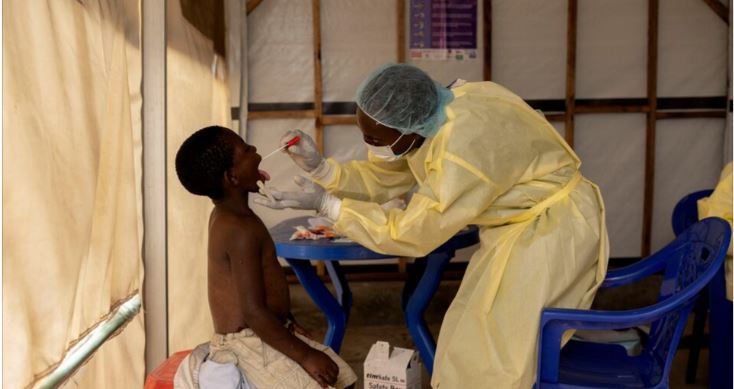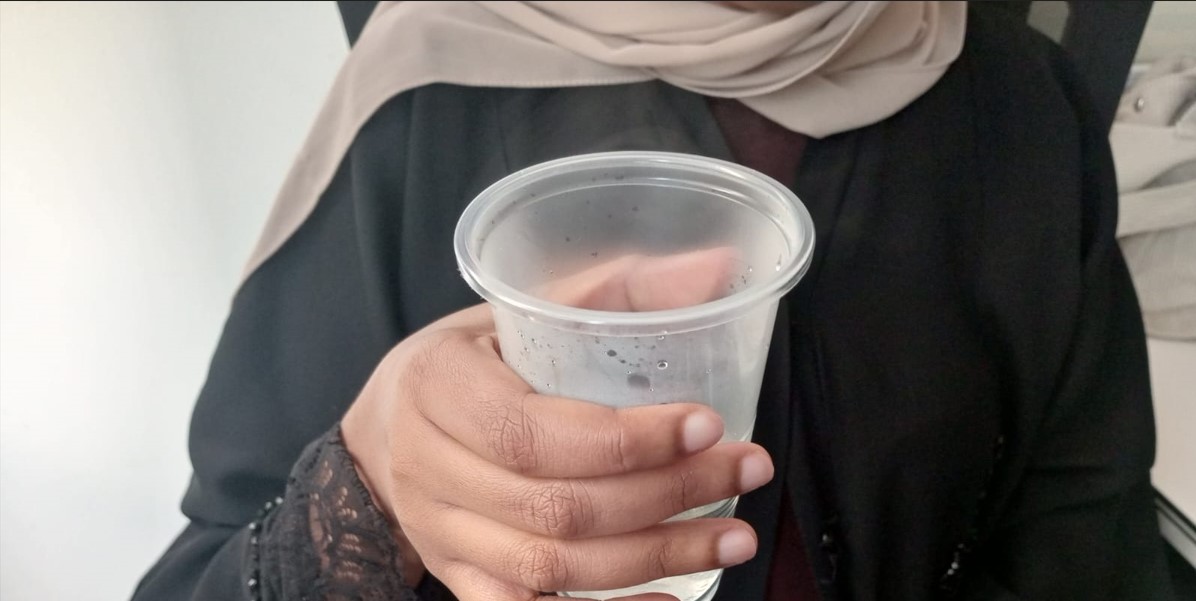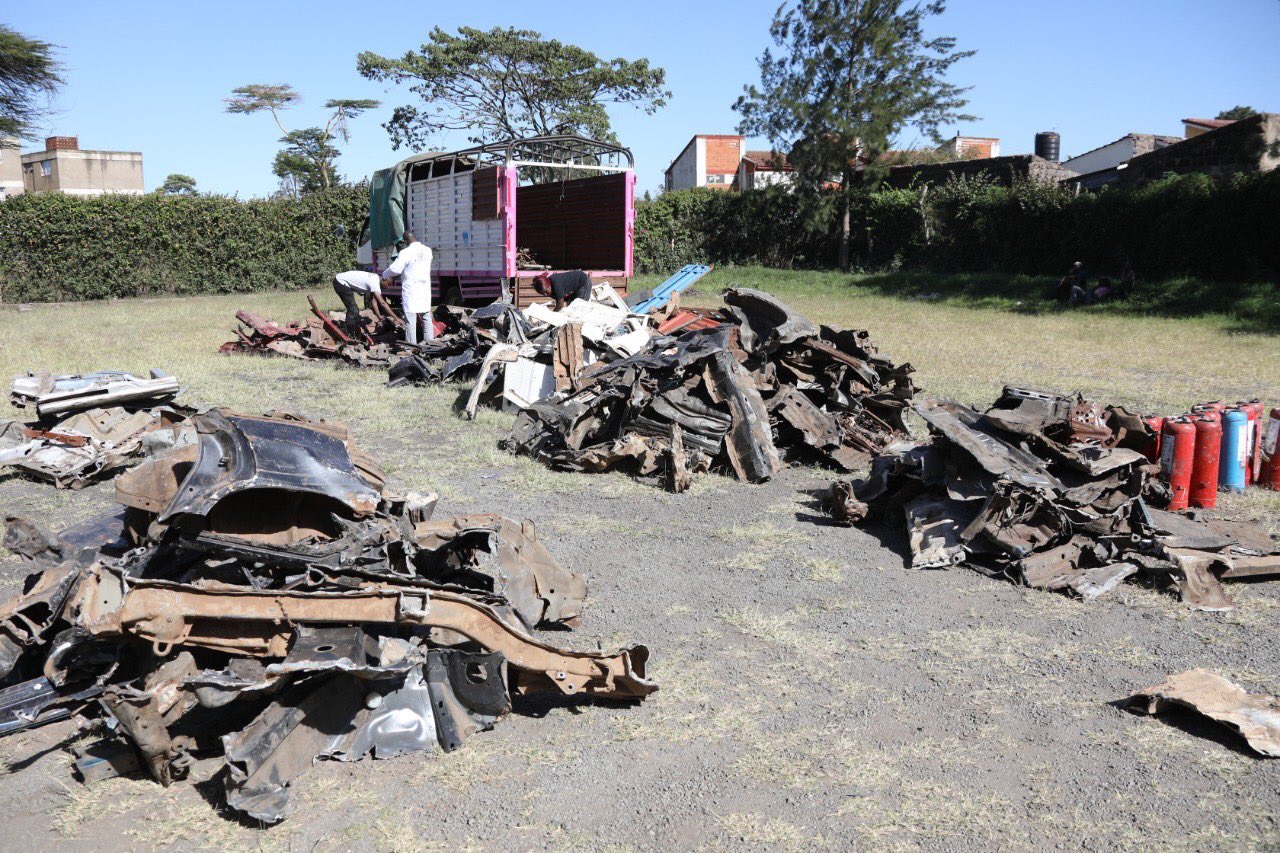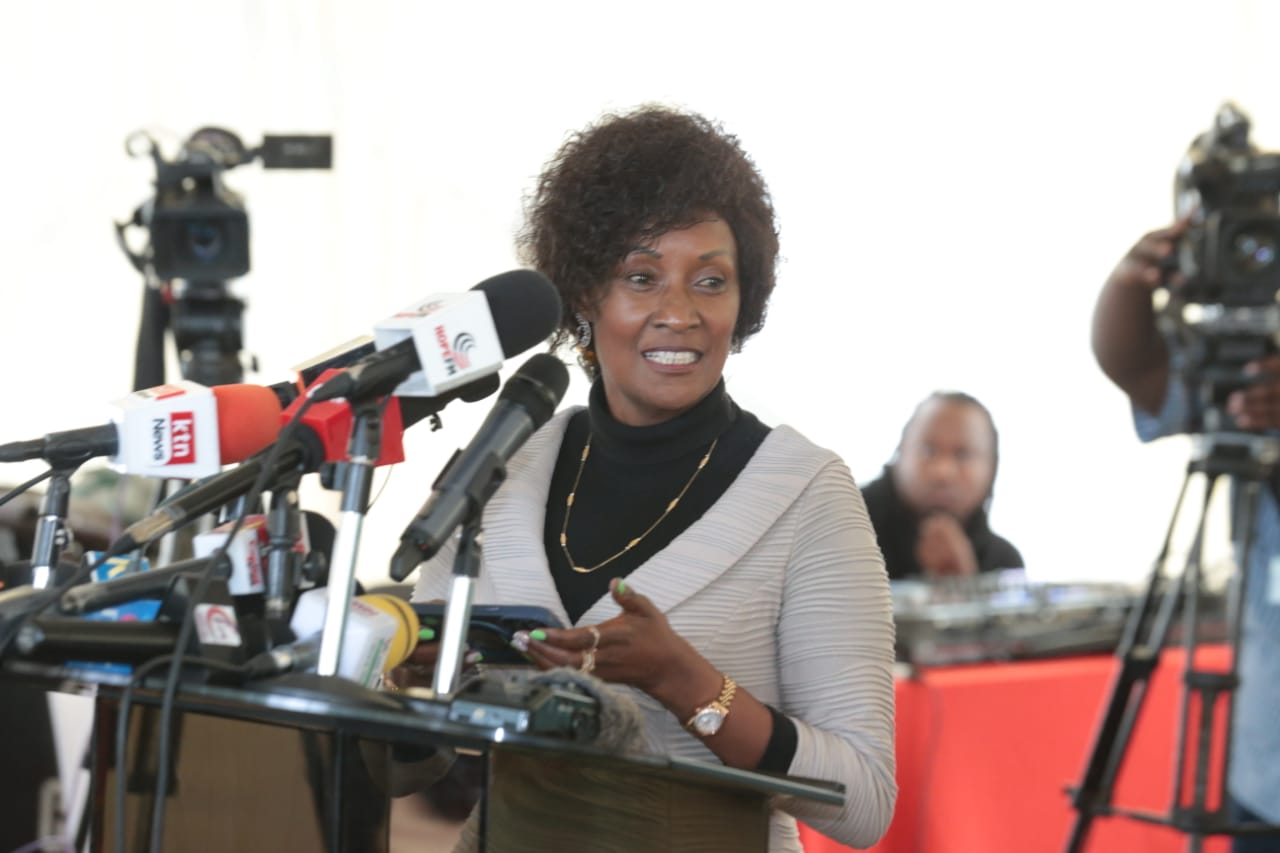We’re paying, but still suffering: Patients urge SHA to expand outpatient cover
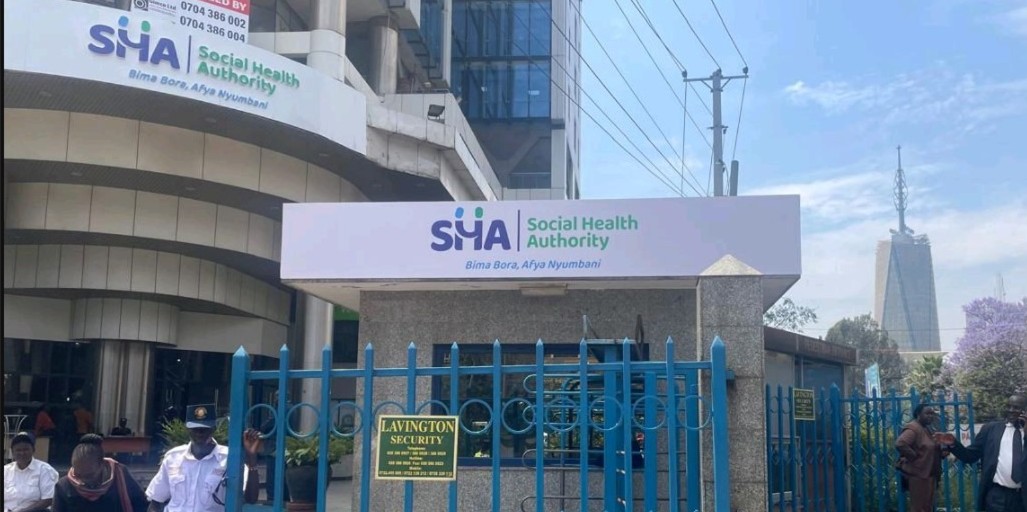
The Social Health Authority was rolled out with the ambitious goal of achieving Universal Health Coverage, a cornerstone of Kenya’s health reform agenda.
Nearly a year after the Social Health Authority (SHA) was launched with the promise of accessible, affordable healthcare for all Kenyans, a growing number of patients say the reality on the ground tells a very different story.
Despite being enrolled in the system, many still face steep out-of-pocket costs, particularly for outpatient services that are essential for managing chronic or disabling conditions.
More To Read
- MPs, state officials could be forced to use public hospitals under proposed healthcare reforms
- Health CS Duale: SHA to provide Sh550,000 in annual coverage for cancer patients
- Kenya secures Sh1.8 billion from China to modernise hospitals
- Experts urge accountability in healthcare billions to ensure Kenyans get quality services
James, a soft-spoken man in his early thirties, was paralysed in a road accident. Since then, he has become a regular visitor to multiple public hospitals across Nairobi County, where he attends weekly physiotherapy sessions in hopes of regaining some mobility. But each visit brings a fresh wave of financial anxiety.
“Every week, apart from the consultation fee, I have to pay Sh1,100 for a single physiotherapy session,” he says.
“There are always extra charges that aren’t covered under outpatient care. When I’m admitted to the hospital, the bill is paid by SHA. But how often is that? My real struggle is with the outpatient services—I need them regularly.”
Despite being a fully paid-up member of SHA, James says the system does little to support his long-term rehabilitation.
“People think disability is just about needing a wheelchair or support to walk. But for me, it’s the constant pain, the travel to and from hospital, and the financial burden of trying to get better.”
Cancel physiotherapy sessions
On many occasions, James has had to cancel physiotherapy sessions because he simply couldn’t afford them.
“Why is the outpatient package so limited? That’s what we need most. You can go for weeks or months without being admitted, but outpatient care is a daily requirement.”
Hundreds of kilometres away, in Turkana County, Mary Etot packs a small bag every few weeks and boards a bus bound for Nairobi. Her destination: a public health facility where her 10-year-old son, who suffers from haemophilia, receives physiotherapy.
“My son can't walk on his own anymore. He uses crutches, and we were told that regular physiotherapy is critical for his development,” she says.
But every trip to Nairobi drains her borrowed resources.
“As a single mother, I haven’t been able to find stable work. Every time we come to Nairobi, I pay at least Sh550 for therapy. That’s before transport, meals, and other small costs,” she explains. “It’s heartbreaking, because SHA is supposed to cover our health needs, but when it comes to outpatient services, we are on our own.”
Etot notes that when her son has been hospitalised in the past, SHA covered the bills without issue. But outside of those rare emergencies, the costs fall squarely on her shoulders.
Skip treatment
“We were told SHA would make healthcare affordable for all Kenyans, but how can that be true if you have to skip treatment just because you’re not admitted to a hospital?” she asks.
She has since reduced her son’s sessions from twice a week to once every two weeks.
“That’s not ideal. But it’s what I can afford now. Many of us are in the same boat—either we cut back or give up completely.”
Peter Kinyua, a resident of Nairobi, is no stranger to hospitals. Diagnosed with a chronic kidney condition, he requires constant monitoring and outpatient care to stay healthy. Yet even with his SHA contributions up to date, the cost of care keeps climbing.
“It’s frustrating. When you go in for inpatient services, everything is covered. But the moment you step into a hospital as an outpatient, you better be ready to pay,” he says.
Kinyua believes this contradiction defeats the very purpose of SHA.
“What’s the logic of having a health insurance cover that doesn’t protect you when you need it most? Outpatient care is where most people spend their time and money.”
“We’re not asking for miracles. We’re asking for the system to work as promised. We’re paying into it—it’s not free.”
The Social Health Authority was rolled out with the ambitious goal of achieving Universal Health Coverage (UHC), a cornerstone of Kenya’s health reform agenda. The idea was simple: every Kenyan, regardless of income level or location, would have access to essential health services without suffering financial hardship.
Glaring gaps
But eight months in, the gaps are becoming glaring. Patients with chronic illnesses, disabilities, and special needs continue to struggle with expenses that should arguably be covered, especially physiotherapy, which plays a vital role in recovery and quality of life.
Key concerns include limited outpatient coverage, especially for physiotherapy and other rehabilitative services; hidden costs like transport, medication, and diagnostic tests; unclear benefit packages that leave patients confused about what is and isn’t covered.
Speaking at the Patient Care Symposium held at Kenyatta National Hospital, Douglas Owino, a representative from the Social Health Authority, acknowledged growing concerns regarding out-of-pocket expenses faced by patients. He confirmed that the Cabinet Secretary for Health has officially gazetted a committee to review the current benefit packages and tariff structure under SHA.
“If there’s a feeling that certain categories of patients are not adequately covered, there will be a platform to submit your concerns and suggestions. I encourage you to monitor the progress of the panel and the gazetted committee tasked with reviewing the tariffs,” he said.
Owino emphasised that while several SHA packages have already been enhanced, all contracted healthcare providers and facilities must operate strictly within the officially gazetted benefits and tariffs.
“In cases where patients are being asked to pay for services that are already covered, it’s important to raise the issue,” he added.
Communication channels
He also reminded the public that SHA has established communication channels, including a toll-free number, where they can report such incidents or seek clarification regarding their entitlements.
Health Cabinet Secretary Aden Duale appointed a task force made up of 11 members and 5 joint secretaries to advise the government on benefit packages and tariffs under the Social Health Insurance Regulations, 2024.
In a gazette notice dated April 23, 2025, Duale announced the formation of the new body—officially named the Benefits Package and Tariffs Advisory Panel—in line with Legal Notice No. 49 of 2024, and in accordance with Regulations 41(2) and 43(1).
According to the notice, the panel’s core mandate was to advise both the Health Cabinet Secretary and the Social Health Authority on the development and review of benefit packages and tariffs under the Social Health Insurance scheme—an essential part of Kenya’s ongoing healthcare reforms.
Top Stories Today


